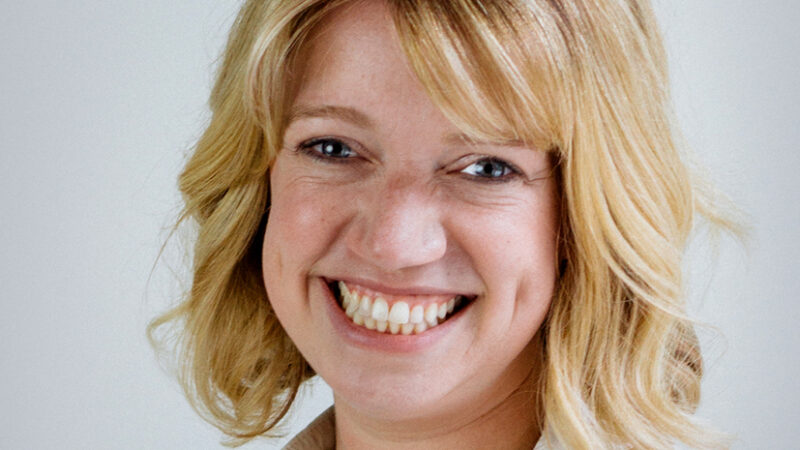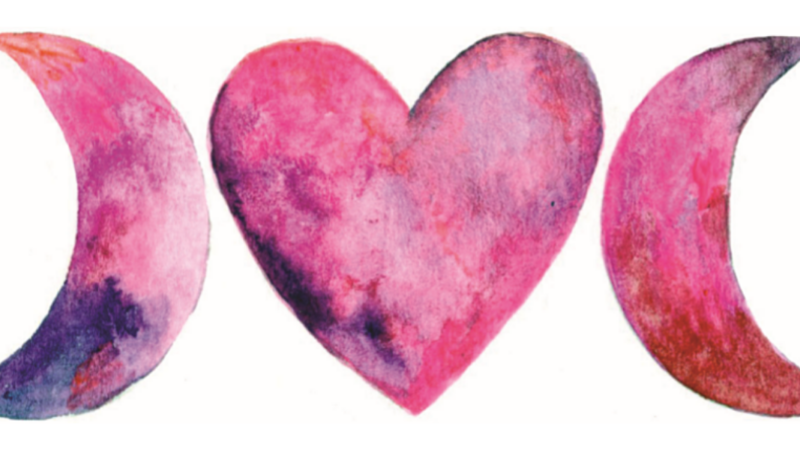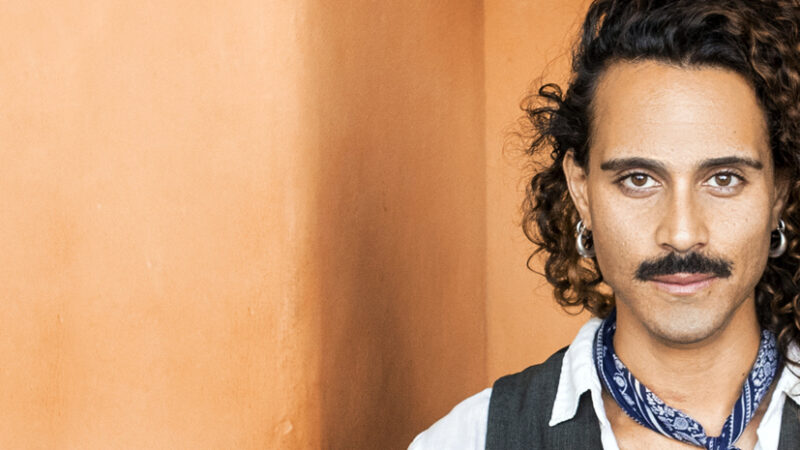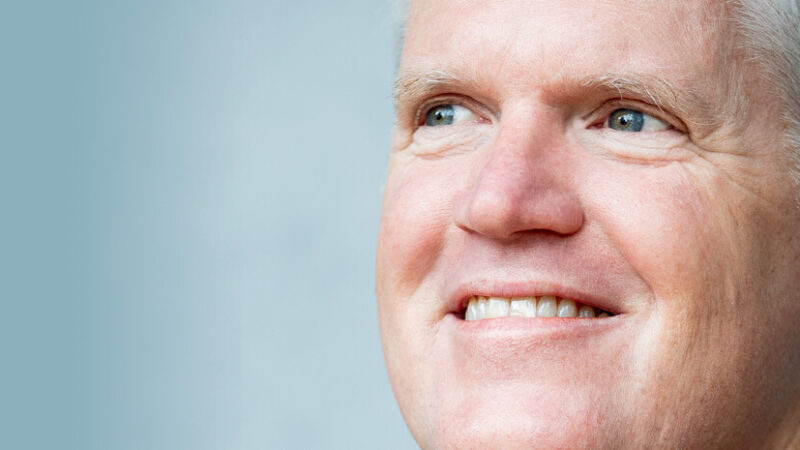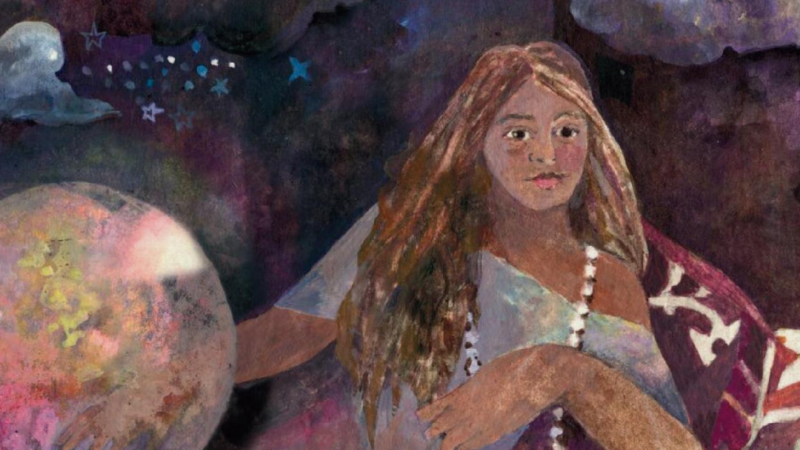Search results for: Sounds True
DIY Rose Essence and Heart Breathing Ritual
The heart chakra is the central integrating chamber of the chakra system. Through the healing power of love, all things eventually find their way to connection and wholeness.
ANODEA JUDITH
Heart Medicine Rituals
The greatest lesson I have learned so far is to exist within my heart. This is a lifelong practice for me because, like many, I was not taught to inhabit my heart space. On a physical level, the general collective is not doing so well in our hearts. This is evidenced by the stark reality that heart disease is the leading cause of death worldwide. This high incidence of disease points to a deeper situation of the heart, but in order to be open to the possibility that more profound heart healing is necessary and possible, we must open our minds to a more metaphysical or energetic interpretation of what the heart is and what it does. Ancestrally, the heart held a much higher evolutionary significance, and as our consciousness split, we moved from inhabiting our hearts to glorifying our minds. Perhaps this disconnect can illuminate some clues for us to consider to reclaim more balance within our hearts, ourselves, and our world.
Vibrationally, the heart contains the strongest electromagnetic field of any organ in the body. Transference of heart energy can occur in close proximity with another human or animal; and if you apply the theories of quantum entanglement and wave function collapse, transference of heart energy can resonate beyond space or time. Plants and the elements, too, can have a positive entrainment effect on the heart, reiterating the interconnectedness of all life and the organic balance nature engenders. In both traditional Chinese and Tibetan medicines, the heart is the mind. In TCM, grief is stored in the lungs and closely related to the heart. The Hopi defined harmony as one’s heartbeat in resonance with others and the Earth.
Our liberation is tied to the heart. The cost of liberation is unique to every person and is cosmically linked to each of us. The price of liberation varies for each individual, but we are given choices: in what we think, what we feel, what we believe, how we want to be. The inability to see choice is the unconsciousness of the fear-based toxic masculine that seeks to keep us disconnected and disempowered.
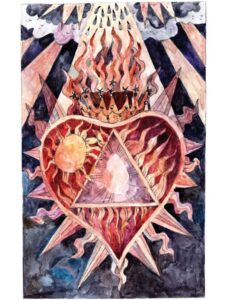
Our liberation depends largely on our ability to love unconditionally. Unconditional love means loving without circumstance or codependence. This can take different forms, from exiting a toxic relationship to taking more care of yourself. And it doesn’t stop there. If you want to get really free, you have to love yourself no matter what, and love all beings no matter what. Tall order? Yes. Impossible? No! While humans are conditioned to be in separation, plants (and animals) hold only unconditional love for all life. There are people on this Earth who radiate unconditional love, and when you are in their company, your heart is completely relaxed and open. For instance, my heart feels completely free when I am with people and animals who love me unconditionally. My heart also feels free in this way when I am in nature. Can you think of anyone who loves you unconditionally? Or perhaps it’s easier to think of an animal or pet? What if you loved yourself and everyone like that? What if you loved all your uncomfortable parts, illnesses, and neuroses like that?
EXERCISE: Making a Rose Essence and Heart Breathing Exercise
There are a few plants whose application is almost universal, and the rose is one such flower. Roses hold the frequency of unconditional love and have an affinity for the heart chakra. This ritual works best with either a wild growing or organically cultivated rose; it can be any species within the Rosa genus. Some of the lower vibratory states that can be addressed with rose include grief, loss, heartbreak, depression, and panic.
This ritual is very simple. You’re going to combine the process for making your own medicine (see a simple how-to video here) using the rose of your choice, with the heart breathing exercise that follows. The heart breathing can be done while the flowers are in the water, working their magic. The heart energy you engage during the medicine-making process will become part of the energetic signature of your flower essence. After you bottle it and make the dosage bottle, take a few drops and see what you notice around your heart. Be sure to notate your findings. You now have a rose flower essence for your apothecary whenever you or someone else needs it.
HEART BREATHING RITUAL
After you have placed the flowers in the bowl with the water, sit comfortably on the ground, if possible. Close your eyes or set your gaze low. Place both hands over your heart and begin to breathe into the heart space. Visualize the rose you are working with. Notice how the breath moves in and out of the heart—not forcing the air, just allowing it to move. See if you can sense into how the heart is feeling—in the front, in the back, all sides. Be sure to breathe into the back of the heart space. Notice how the heart feels when you place your awareness on it. See if it’s okay to allow whatever is arising, witnessing without judgment.
After a few minutes, begin to bring the heart back into a neutral position. Thank your heart and the spirit of rose for sharing with you. Feel your body making contact with the Earth, deepen the breath, and slowly open your eyes.
The video on how to make your own flower essence medicine can be found here.
This is an excerpt from The Bloom Book: A Flower Essence Guide to Cosmic Balance by Heidi Smith.
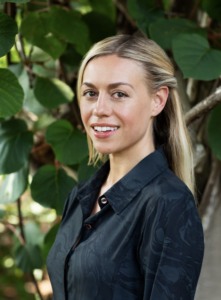
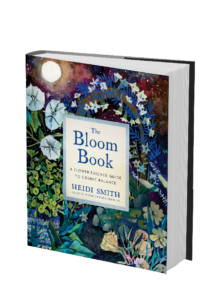
Heidi Smith, MA, RH (AHG), is a psychosomatic therapist, registered herbalist, and flower essence practitioner. Within her private practice, Moon & Bloom, Heidi works collaboratively with her clients to empower greater balance, actualization, and soul-level
healing within themselves. She is passionate about engaging both the spiritual and scientific dimensions of the plant kingdom, and sees plant medicine and ritual as radical ways to promote individual, collective, and planetary healing. She lives in Brooklyn, New York, with her partner and two cats. For more, visit moonandbloom.com.
Learn More
Sounds True | Amazon | Barnes & Noble | Bookshop
Plants, People, and Cosmic Balance: A Healing Justice Invitation
Plant medicine has always been the people’s medicine, and flower essences create unique opportunities for issues surrounding accessibility, as essences are extremely safe and can be made rather inexpensively. The shift toward holism—complementary and alternative medicine (CAM) and integrative medicine—and the proliferation of herbal interventions within our health-care system are proof that we are making progress. In light of this, there are a number of dynamic ways we can promote flower essences to be even more accessible and inclusive for people. Even flower essence therapy itself is a modality historically dominated by white men, but increasingly it is being pushed forward by women-identified, LGBTQIA+, and BIPOC healers.
Currently, the alternative healing community is processing its own biases. Much of alternative medicine was developed in the service of the dominant culture, or the patriarchy. Therefore, it hasn’t been a healing space for many groups, including but not limited to women, people of color (BIPOC), LGBTQIA+, people with disabilities, economically oppressed people, neurodiverse people, and (in the United States) non-native English speakers. In the words of Cara Page, a founding member of Kindred Southern Healing Justice Collective, healing justice “identifies how we can holistically respond to and intervene on generational trauma and violence, and to bring collective practices that can impact and transform the consequences of oppression on our bodies, hearts, and minds.”

One of the main themes of The Bloom Book involves balancing duality, which means challenging the perpetuation of oppressive systems. Unless we are actively engaged in dismantling racism, sexism, homophobia, transphobia, xenophobia, and ableism, we are merely reinforcing the power structures we are claiming to challenge. As models of healing justice are emerging, many organizations and community collectives are generating their own missions and value statements from which to work. Meanwhile, practitioners—especially white practitioners like me—have to ask ourselves:
How is my work a function of my privilege?
Where can I be doing better?
Does my practice truly support inclusivity, diversity, and accessibility?
The working definitions of healing and trauma are also evolving. Within a healing justice framework, one can see how, by understanding trauma merely as “an emotional response to a terrible event,” we are ignoring a more inclusive interpretation that includes the cumulative and historical trauma of colonization. In the last decade, science has validated that trauma is intergenerational and historical. Likewise, many traditions include community in what constitutes emotional and spiritual healing, whereas Western models of mental health are focused exclusively on the individual self.
When you open yourself up to the plant kingdom, new awareness can develop. You can become more empathic, which sounds pleasant in theory, but can be overwhelming because now you’re not just experiencing more of your own feelings, but the feelings of others as well. If you’re committed to applying a healing justice framework in your work, you will likely expose new trauma and have to reckon with your own privilege, which can be painful. You could develop more attunement with nature, which also can feel wonderful and, because of the tragic state of our Earth, completely disorienting. At this time, we are experiencing a heightened polarity between the light and the dark. We are being asked to hold a neutral space for all this duality and to have more compassion for all life. Flower essences enhance the energetic interconnection between all living things and so are especially well suited to support an expansion of consciousness.
Understanding how we function within—and our responsibility to—the collective is important because none of us operates alone. If you forget what you derive from the collective, you assume you don’t owe it anything and exist separately from everyone. Much of the privileged world enjoys the benefits of being part of the collective, whether we are conscious of it or not: rights, amenities, protection, accessible health care, clean drinking water, electricity, and so on. So, those with the material upper hand at this time have a special responsibility to the rest of those sharing the Earth.
Within a healing justice framework, we must not only question our privilege as white people, we must elevate BIPOC leadership within all the transformative justice movements. We are all dependent on one another to collectively wake up and heal.
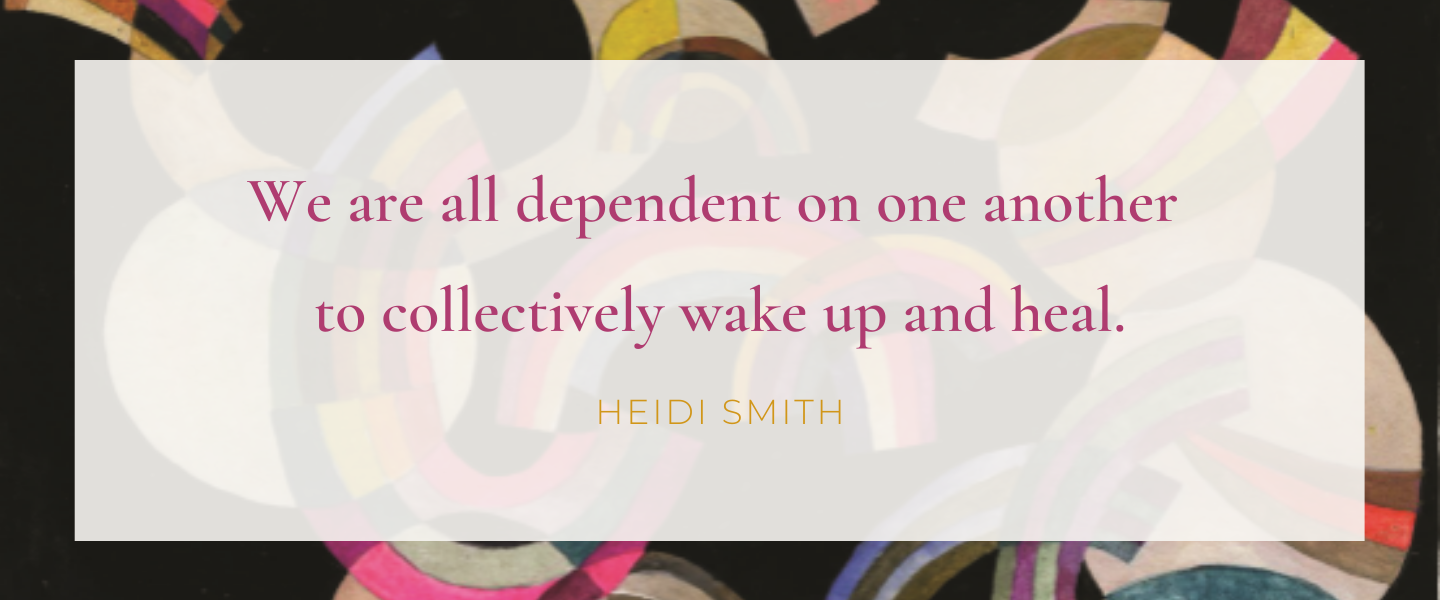
In this way, it is an exciting time for the community of herbalists and flower essence practitioners. Modalities that are so helpful in bringing people into balance are themselves coming into greater balance. A sign of hope within an era of great hope. The ancient wisdom explored in The Bloom Book supports that the power of the plants is coming through in dynamic new ways. This text exists, in part, to provide more context around the validity and potency of the flowers. The spectrum of human emotional experience is here for our development and delight.
The Absence of Women-Identified, WOC, and QTBIPOC Healers Throughout History
Missing from our Western history books are most of the contributions by women-identified healers through the ages. Even more scarce are WOC, and most scarce are queer and trans people of color (QTBIPOC) within the codex of Western medical history. The misogyny of the burgeoning patriarchy from ancient Greece spread throughout Europe, Africa, the Americas, and the rest of the world through colonization by white settlers. The suppression of women healers in Europe and the Americas coincided with the rise of the ruling class, capitalism, and the privatization of medical care, away from folk-healing traditions—traditions that women played a huge role in preserving and advancing. Gender seemed to be less of a construct throughout many parts of the ancient world, as there are significant written reports of intersex and gender-fluid healers. In many cases, those who exhibited androgyny were known as having special healing powers because of their ability to connect with both masculine and feminine energy.

As historical contexts are becoming more inclusive and less Eurocentric, there is more room for the theory around matriarchal-centered civilizations being much more prominent than previously thought. Senegalese anthropologist and historian Cheikh Anta Diop felt that, historically, most of Africa was matriarchal in organization. Colonizers were tremendously misogynistic, which holds much information for us to ponder as we consider our connection to the feminine and the history of medicine.
The lack of representation of women and WOC healers in the historical literature of medicine is decidedly a Western trait. Not only is much history transmitted orally and through practices and traditions, but the written history is also a very biased account, formulated in large part by, and for, white men. While our participation in medicine and healing traditions has been historically restricted in the West, women have long been associated with healing, especially within the domains of life and death—as midwives and compassionate caregivers helping to bring new life and support the soul into the afterlife. Women healers have traditionally addressed the issues and needs of populations that our culture typically shames and would rather ignore. Written accounts are limited, but we do have a record of a talented few. We must honor the oral traditions that are not meant to be shared (by me anyway) with the mainstream. There is a protection in keeping knowledge hidden from the masses. This wisdom is secured within the light lineage of all healers.
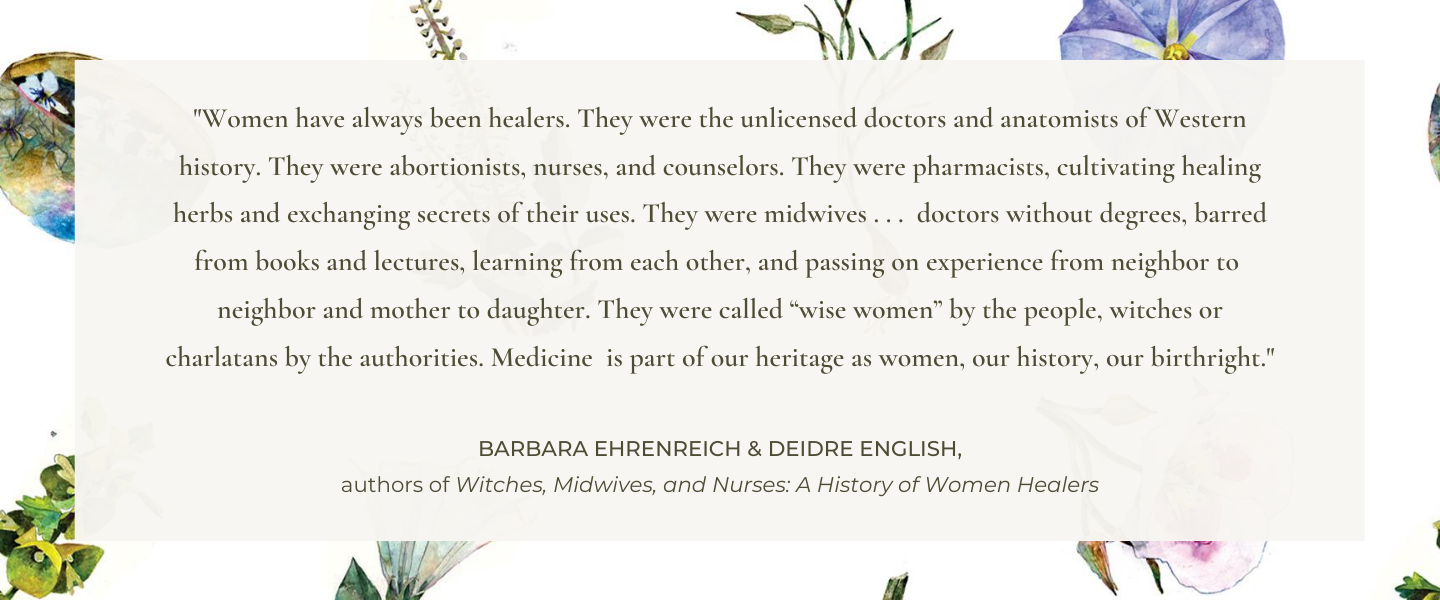
Conclusion
The social and healing justice movements have affected me deeply, and it is my sincere hope that we can continue to decolonize and dismantle where dominant systems are limiting the positive proliferation of alternative healing and flower essence therapy to make them more accessible and inclusive. The more we come into balance in this way, the more transformation is available to us all, our communities, and our Earth—and the more we maintain plant medicine as medicine for all people.
Healing Justice Flower Essence Allies
There are a number of herbalists such as Karen Rose of Sacred Vibes Apothecary, Jennifer Patterson of Corpus Ritual (also a Bloom Book contributor), Lauren Giambrone of Goodfight Herb Co., and Amanda David of Rootwork Herbals, (to name a few), who have been speaking on the subject of healing justice for quite some time, and I am grateful for their leadership and inspiration. Healing justice business models such as that of Third Root, a worker-owned community center that provides collaborative, holistic health care in Brooklyn, offers a standard that everyone in the healing arts should aspire to.
I offer some essences below that are wonderful to use in process groups or healing circles that center on antiracism and anti-oppression work. Some flower allies to assist you as you dig deeper into this rich and rewarding terrain are:
Delta Gardens lemon balm—a wonderful essence for when you are immersed in deep work, to keep calm and carry on
Delta Gardens valerian—for any resistance to change, to be able to take in and assimilate new information
Flower Essence Society quaking grass—“harmonious community consciousness,” letting go of personal attachments in social groups
Flower Essence Society lupine—seeing beyond the level of self, seeing self as part of the whole
Flower Essence Society or Delta Gardens echinacea—integration of those parts of the self that may have been repressed
Flower Essence Society or Delta Gardens borage—to support the heart and offer courage
Bach Original Flower Remedies water lily—for humility and wisdom in communication, to heal the perceived separation we feel from others based on race, class, or gender
Flower Essence Society pink yarrow—for emotional vulnerability, assists in discerning what is your responsibility to emotionally process
Additional Information on Healing Justice
A Not-So-Brief History of the Healing Justice Movement, 2010-2016
What Is Healing Justice?—Healing by Choice Detroit
Healing Justice: Holistic Self-Care for Change Makers—Transform Network
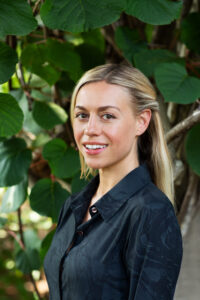
Heidi Smith, MA, RH (AHG), is a psychosomatic therapist, registered herbalist, and flower essence practitioner. Within her private practice, Moon & Bloom, Heidi works collaboratively with her clients to empower greater balance, actualization, and soul-level healing within themselves. She is passionate about engaging both the spiritual and scientific dimensions of the plant kingdom, and sees plant medicine and ritual as radical ways to promote individual, collective, and planetary healing. She lives in Brooklyn, New York, with her partner and two cats. For more, visit moonandbloom.com.
Learn More
Sounds True | Amazon | Barnes & Noble | Bookshop
Categories
- Animals & Pets 18
- Conscious Business 105
- Health & Healing 268
- Meditation 174
- Michael Singer Podcast 134
- Mindfulness 464
- Music 28
- Parenting & Children 59
- Personal Growth 28
- Psychology 226
- Relationships 129
- Season 1 21
- Self-Compassion 208
- Shamanism 61
- Spirituality 363
- Subtle Energy 95
- Uncategorized 29
- We Are The Great Turning Podcast 22
- Yoga & Movement 47

